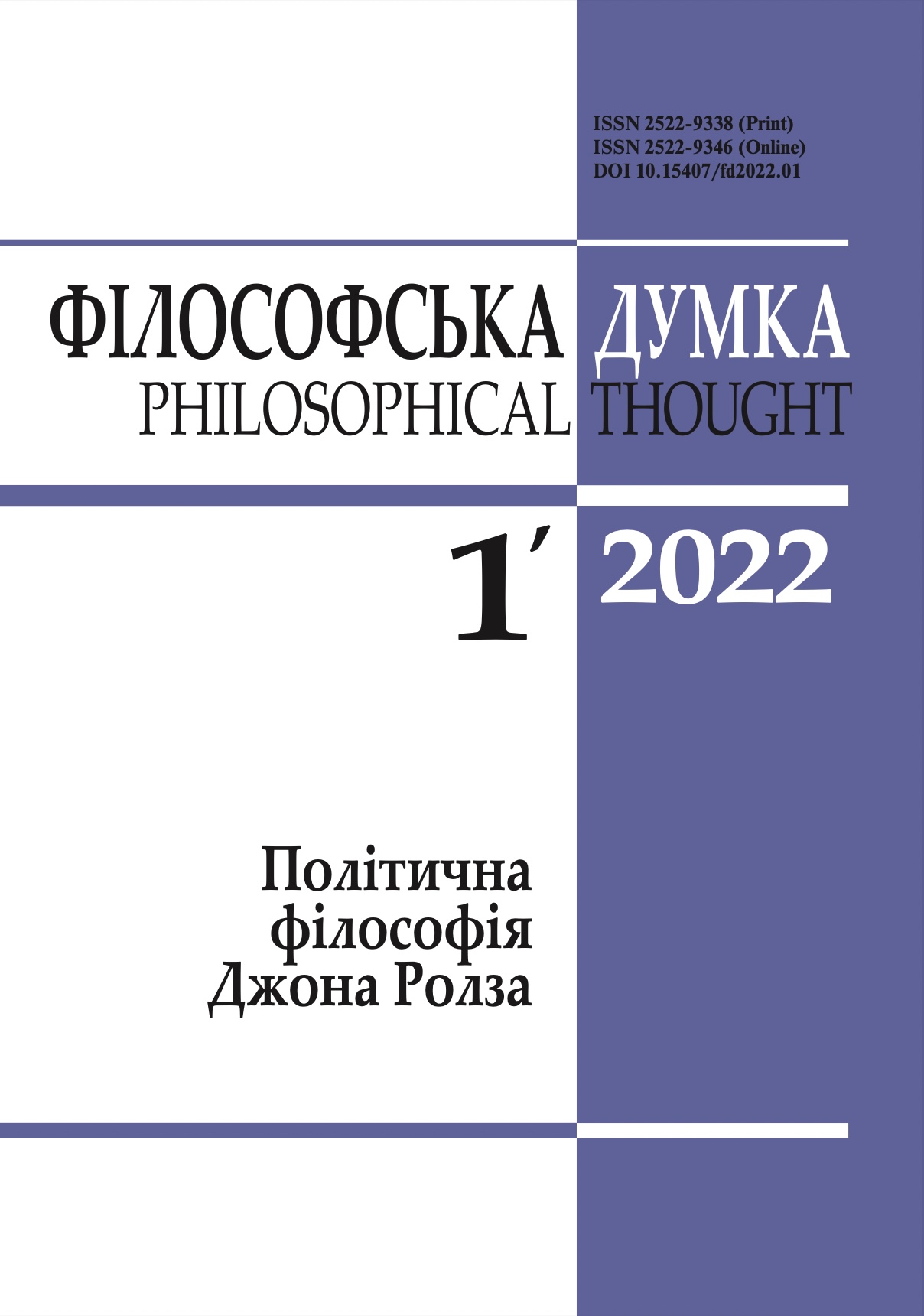John Rawls and contemporary political philosophy (S. Freeman, F. Pettit, T. Pogge, D. Miller)
Round Table Discussion of "Philosophical Thought"
Abstract
Translated from English by Denis Kiryukhin with the participation of Svetlana Shcherbak
As evidenced by numerous publications in connection with the anniversary of J. Rawls? Are they purely a tribute to the memory of a scientist? Or, in fact, is the interest in his theoretical legacy not only fading now, but becoming more and more relevant?
To understand this, we turned to several Western political philosophers, two of whom, Samuel Freeman and Thomas Poge, were not only students but also close friends of Rawls for many years, and asked them a series of questions:
1. John Rawls's Theory of Justice was published fifty years ago and has caused a great deal of controversy. Researchers agree that at one time this book became a starting point for further work in the field of political philosophy. But what is the role of Rawls' legacy today? Can we say that the Rawls era in political philosophy is over?
2. One of the key ideas of Rawls's "Political Liberalism" is that a free and democratic society (a well-ordered society, as Rawls would say) presupposes a pluralism of religious, philosophical and moral doctrines on which members of society cannot reach a rational agreement. According to Rawls, rational agreement is possible only on the principles that should regulate the basic structure of society. However, some critics believe that the idea of rational consent is in fact contrary to political pluralism and in fact a threat to democracy. Do you agree with this view? If so, what ensures the unity of a democratic political community?
3. In his most recent major work, The Law of Nations, Rawls writes that the emphasis in international human rights policy can help transform ineffective regimes and the behavior of rulers who are heartless about the well-being of their people. Thirty years ago, a number of countries chose the democratic path of development, but today in many of them we can see a crisis of democratic institutions and growing anti-democratic tendencies. Does this mean that Rawls was wrong and that we do not really have effective tools to transform undemocratic political cultures and uphold the ideas of political equality and freedom?
Downloads
-
PDF (Українська)
Downloads: 498
Published
How to Cite
Issue
Section
License
Authors who publish with this journal agree to the following terms:
- Authors retain copyright and grant the journal right of first publication.
- Authors are able to enter into separate, additional contractual arrangements for the non-exclusive distribution of the journal's published version of the work (e.g., post it to an institutional repository or publish it in a book), with an acknowledgement of its initial publication in this journal.
- Authors are permitted and encouraged to post their work online (e.g., in institutional repositories or on their website) prior to and during the submission process, as it can lead to productive exchanges, as well as earlier and greater citation of published work (See The Effect of Open Access).


